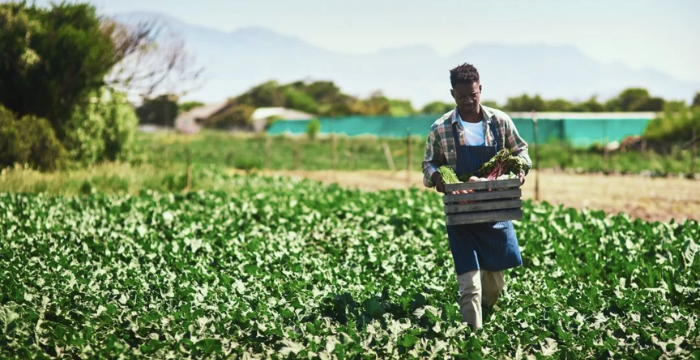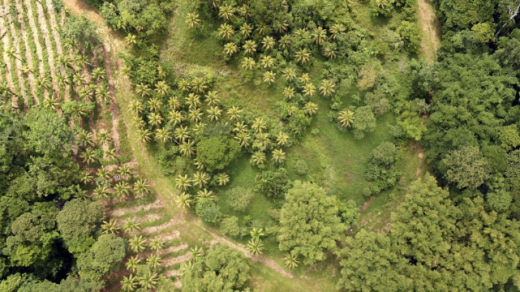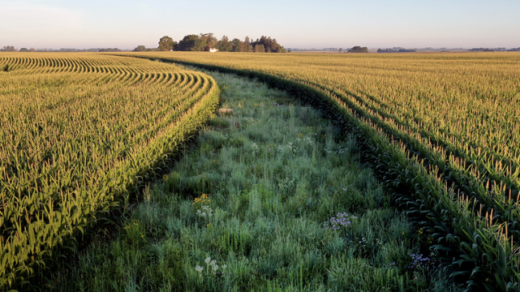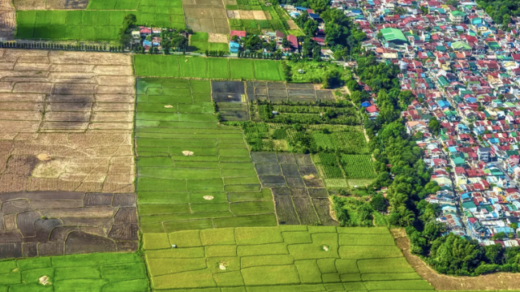Basically, sustainable agriculture means that you do not sacrifice your ability to meet the needs of the future. It also means that you do not sacrifice your ability to provide the needs of the present. It is a way of farming that is based on understanding the ecosystem services that it provides.
Learn more about sustainable agriculture
Increasingly, people are discovering that sustainable agriculture is a more environmentally friendly approach to food production. It can help save our environment and provide us with safe, fresh foods.
Sustainable agriculture is the integration of three important goals: economic viability, environmental health, and social equity. These goals are integrated in order to maximize the inherent productive capacity of natural resources. The benefits of sustainable agriculture can include a reduction in pollution, improved crop rotations, better use of woods, and improved use of our forests. Sustainable agriculture also helps to minimize the use of nonrenewable energy sources and minimize the environmental impact of food production.
But sustainable agriculture is more than just a set of techniques. It is also a negotiating process: a pushing and pulling between the occasionally conflicting interests of a single farmer or of members of a community as they attempt to resolve intricate issues pertaining to how we produce our food and fiber.
Sustainable agriculture is a science and technology that can help us feed our growing population. It is a system that uses natural biological cycles to enhance the health of the land and the air.
Refill the soil
Increasing soil organic matter has been considered a key to sustainable agriculture. This is because it improves the water holding capacity of soils, and provides nutrients for plants. It is also an important habitat for beneficial soil organisms.
Soil organic matter can be restored through a variety of activities. For example, cover crops can be planted to maintain levels of soil organic matter. The use of water harvesting techniques can also contribute to the restoration of soil organic matter.
Increasing soil organic matter requires sustained effort. It requires rotations with high-residue crops to ensure that organic matter levels are not compromised. This activity also helps create a new equilibrium in the agro-ecosystem.
One of the most important aspects of soil is its capacity to sequester carbon dioxide. This is a process known as sequestration.





